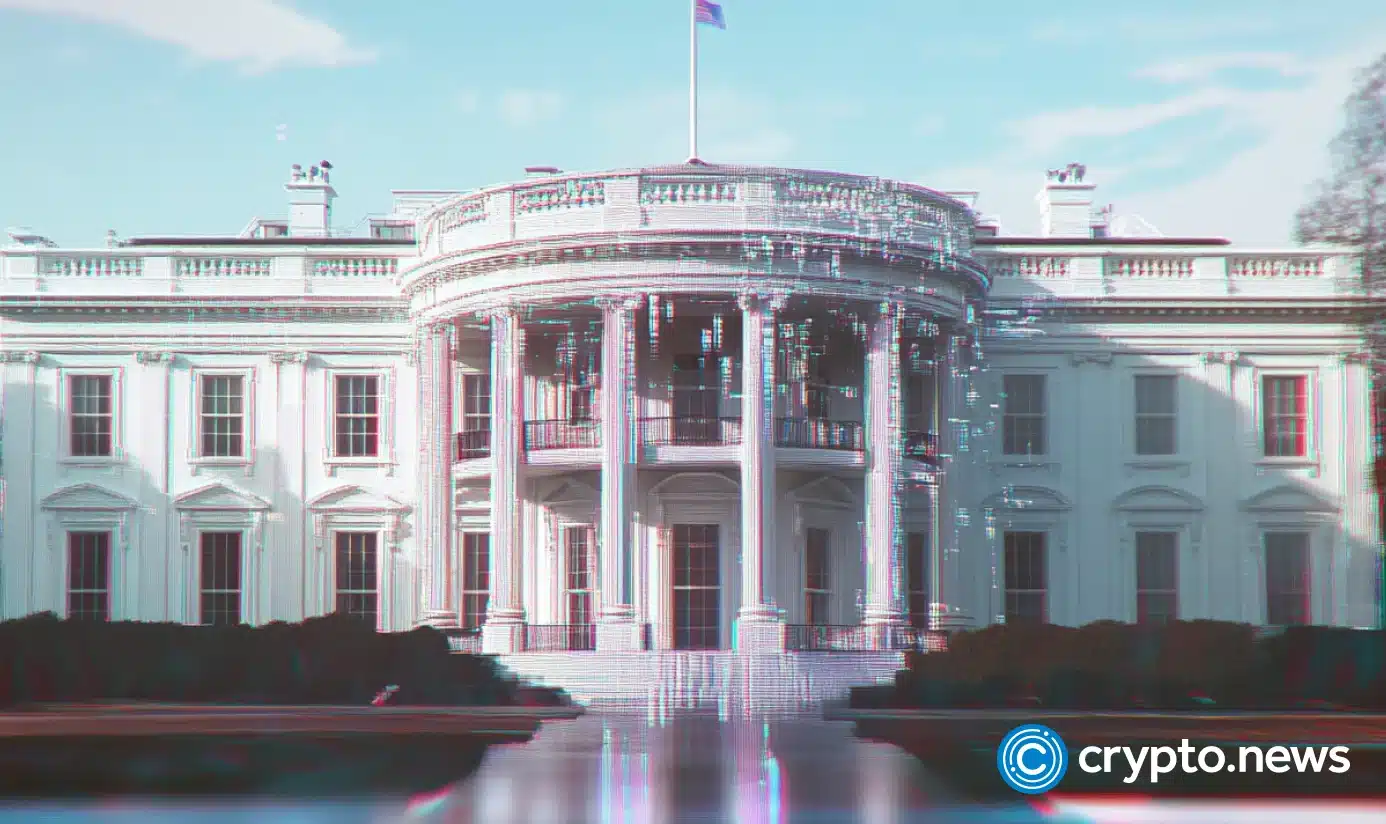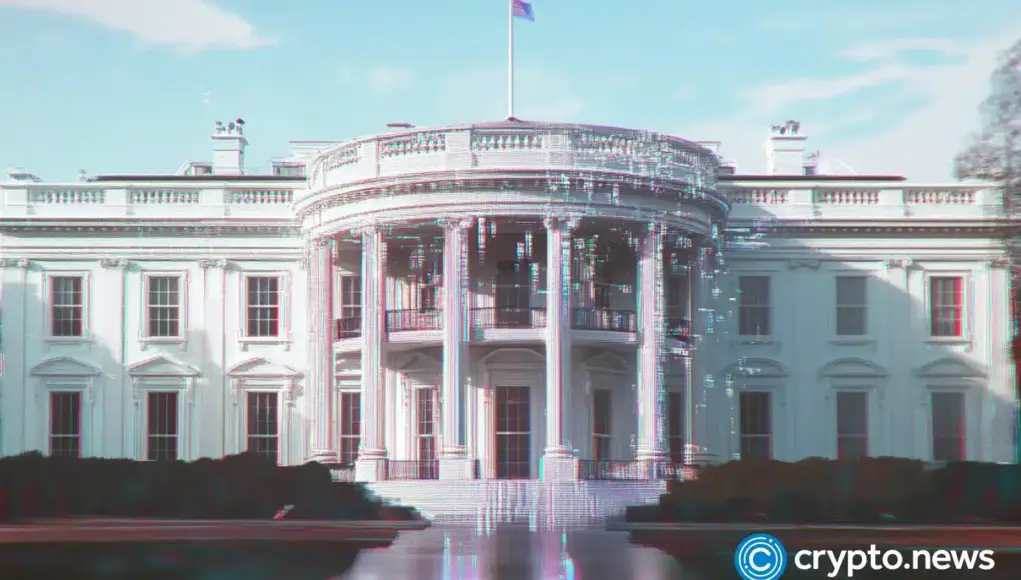
That was fast. Bo Hines, executive director of the Council of Advisors on Digital Assets, stunned Washington, D.C. and the crypto community alike by announcing his sudden resignation on Saturday, Aug. 9, after serving only seven months.
Hines’ unexpected departure has fueled speculation about the reasons behind his brief tenure and what this means for the future of U.S. cryptocurrency policy.
As questions swirl around his backstory and next moves, Hines’s role during a pivotal period in American crypto regulation remains a subject of debate.
Summary
- Bo Hines worked as an exec in the Council of Advisors on Digital Assets for only seven months and resigned unexpectedly.
- Some suspect Hines wants to start a crypto business; others think he underdelivered on promises.
- U.S. crypto policies were in line with views expressed by Hines before his White House tenure in 2022.
‘Honor of lifetime’ lasts seven months
Hines’s resignation was confirmed via a post on X, where he called his experience working alongside President Donald Trump and Crypto Czar David Sacks “the honor of a lifetime.” He credited their efforts with making America the “crypto capital of the world” and pledged to continue supporting the ecosystem from the private sector.
Despite the warm farewell, Hines gave no specific reasons for stepping down. Reactions ranged from admiration to surprise, with some insiders speculating that a more lucrative private sector opportunity motivated the move.
Others voiced disappointment, citing unmet expectations in regulatory progress, a perceived failure to expand the government’s Bitcoin holdings, and lack of transparency regarding official audits of government-owned cryptocurrency.
Bo Hines’ brief tenure in the White House
During his brief tenure, Hines championed many of the positions he articulated as a 2022 congressional candidate. He advocated for limiting overregulation in the crypto space, protecting DeFi as a bastion of financial freedom, and opposing central bank digital currencies (CBDCs) as threats to economic sovereignty. These views aligned with the White House’s 2025 rejection of CBDCs and the creation of a regulatory framework favoring stablecoins and lighter digital asset reporting requirements.
Hines was also vocal about building a strategic Bitcoin reserve for the U.S., emphasizing the desire to acquire “as much Bitcoin as we can get” through budget-neutral means. Yet, months later, no significant increases in government Bitcoin holdings occurred, and proposals such as reallocating excess gold reserves for Bitcoin purchases failed to materialize. Whether these stalled initiatives influenced his departure remains unclear.
Before his appointment to the Crypto Council following Trump’s 2024 election victory, Hines had little political experience beyond his 2022 congressional bid and a background as a college football player. Holding a law degree from Wake Forest University, he was regarded as a staunch conservative aligned with Trump’s values.
As Hines transitions to the private sector, the crypto community watches closely, debating his legacy and the future direction of U.S. digital asset policy in a rapidly evolving landscape.











